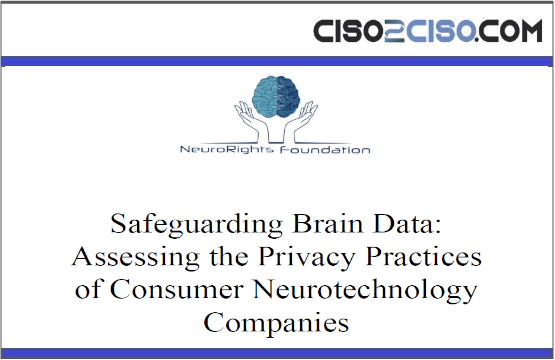For decades, scientists and healthcare professionals have employed neurotechnologies to understand the complexities of the human brain and pioneer cutting edge medical treatments. Neurotechnologies, which are devices capable of recording or altering the activity of the brain and the wider nervous systems, have wide applications in settings of research and medicine, ranging from studying Alzheimer’s to treating Parkinson’s. But with advances in artificial intelligence (AI), software development, and the commodification of brain data, neurotechnologies are increasingly user friendly, affordable, and marketed for public consumption. Technologies that were once confined to hospitals, universities, and laboratories are now available to consumers around the world, just one purchase away.
Neurotechnologies are rapidly expanding into the consumer sphere. Tech giants like Meta,1 Apple,2 and Snap3 are developing neurotechnology products, while a range of smaller companies are already selling neurotechnology devices to consumers across the world. The emergence of consumer neurotechnologies represents a new and exciting frontier of mental augmentation; in the coming years, humans will experience previously unimagined levels of connectivity, with widespread opportunities to hack their own brains and to connect them to the wider world. But while this brings rich promises of innovation, economic development, and benefits to consumers, it also raises pressing new concerns about the data and the privacy of neurotechnology users. The emergence of new technologies is always accompanied by risk, but the potential harms posed to consumers of neurotechnology products are especially concerning given the unique nature of the human brain and the extreme sensitivity of the data it produces.
The brain is the most complex organ in the human body. Together with the spinal cord, it forms part of the central nervous system, which works with the peripheral nervous system to control and regulate a variety of physiological processes. The brain itself generates all mental and cognitive activity. Neural circuits in the brain create thoughts, emotions, and memories, guide decision making, and also form individual personalities, identities, and senses of self. This means that neural data, which refers to information concerning the activity of an individual’s
Views: 8




















































